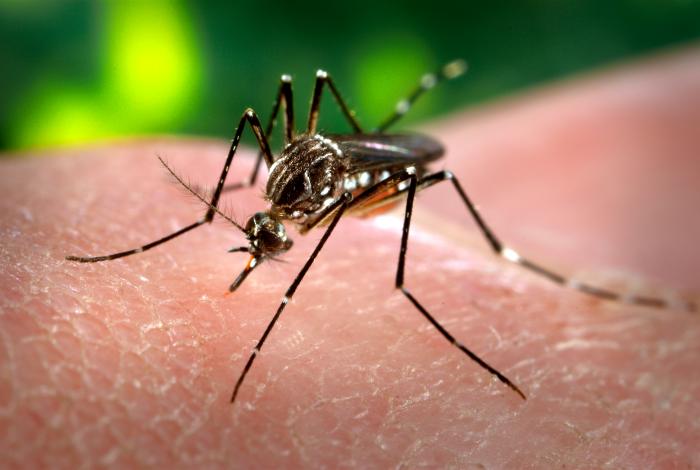 Have you visited the Florida Keys? Situated on the southern tip of the United States, the Keys is a vacation wonderland.
Have you visited the Florida Keys? Situated on the southern tip of the United States, the Keys is a vacation wonderland.
But the area has its share of pesky irritants - we mean the mosquito!
Now, thanks to science, this U.S state will have some new inhabitants. A mosquito engineered by humans!
Mosquito Mayhem
Most mosquitoes in the Florida Keys are generally a nuisance.
But there is one kind that has been causing concern – the Aedes aegypti, a non-native species that carries diseases including Dengue and Zika.
The dengue virus is spread through the bite of the female Aedes aegypti mosquito. Symptoms of dengue are similar to the flu, but in rare cases, the disease can be fatal, leading to severe bleeding and damage to internal organs. Zika, another virus carried by the mosquito, caused havoc globally in 2016.
Dengue first appeared in the Keys in 2009 which was followed by Zika a few years later. The Florida Keys Mosquito Control District has been on the front line of a battle against these insignificant yet deadly insects that make up just 4% of the mosquito population of this area.
Traditional methods of controlling diseases include the use of pesticides in areas where mosquitoes breed (typically still water), vaccinations, and the introduction of fish to ponds and water sources to eat the mosquito larvae before they hatch.
But now authorities are looking at a new way to control the population – releasing genetically modified (GM) mosquitoes to destroy their own kind.
So, How Does This Work?
Oxitec, a small, private British biotechnology company, has developed a strain of male Aedes aegypti mosquito with a special gene. As we had mentioned, it is the female mosquito that spreads diseases.
When the genetically modified (GM) male mosquito mates with the female in the wild, the genes would eventually cause the eggs produced by the female to die off - eventually leading to a collapse of the whole population.
Oxitec has even developed a method to track GM bugs. The modified gene carries a fluorescent protein that acts as a colored marker even in the offspring and can be seen under a specific color of light.
The company has finally received EPA approval to start a trial in a small area of the Keys. They have placed GM mosquito eggs in boxes in three areas of the Keys. Very soon, 12,000 male mosquitoes will emerge and the company will track and study the impact.
But as you can imagine, the plan does not have everybody’s support. Many are concerned about the unintended consequences of GM mosquitoes. But this technology has been successful in reducing the Aedes aegypti populations in other parts of the world such as Brazil, Panama, Malaysia, and the Cayman Islands.
Courtesy: Nature, LiveScience, Mayo clinic, CDC







